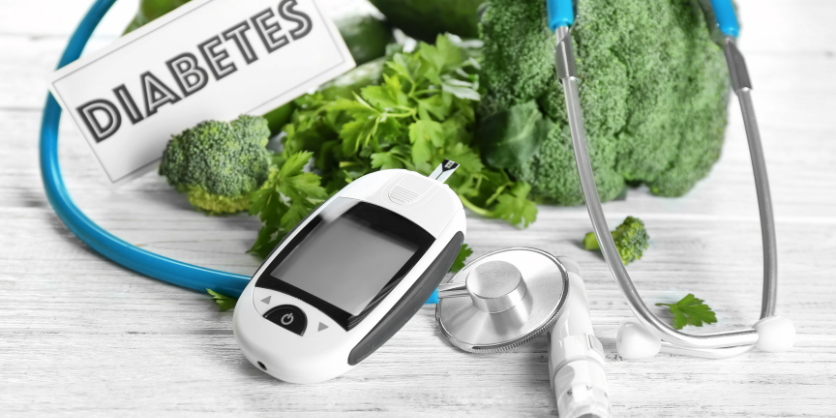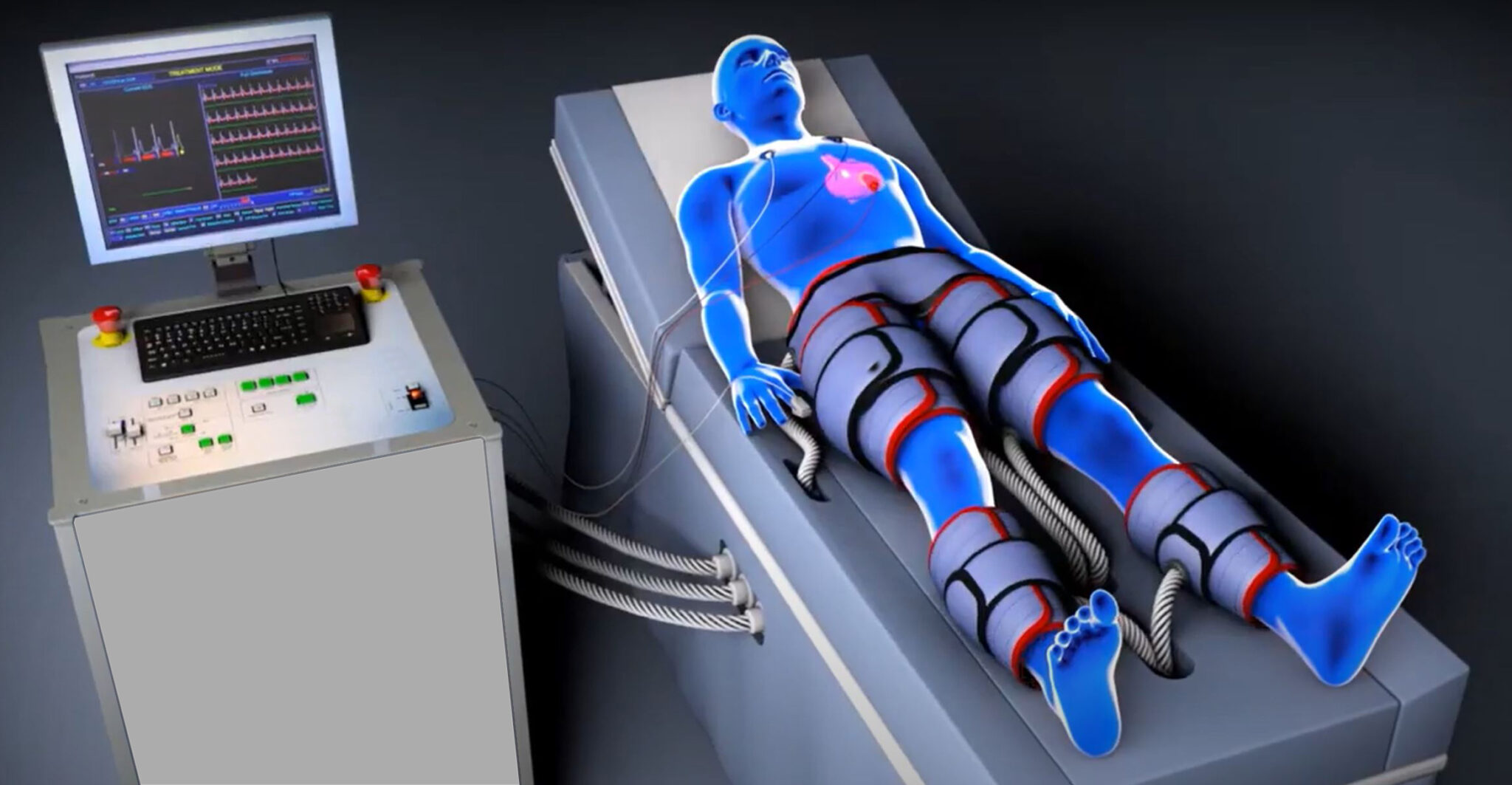Dec 25, 2023
High Creatinine Levels: Kidney Failure and Other Causes

Kidney failure [renal failure] means one or both of your kidneys no longer function well on their own. Kidney failure is sometimes temporary and develops quickly (acute). Other times it's a chronic (long-term) condition that slowly gets worse. Kidney failure is the most severe stage of kidney disease.
















